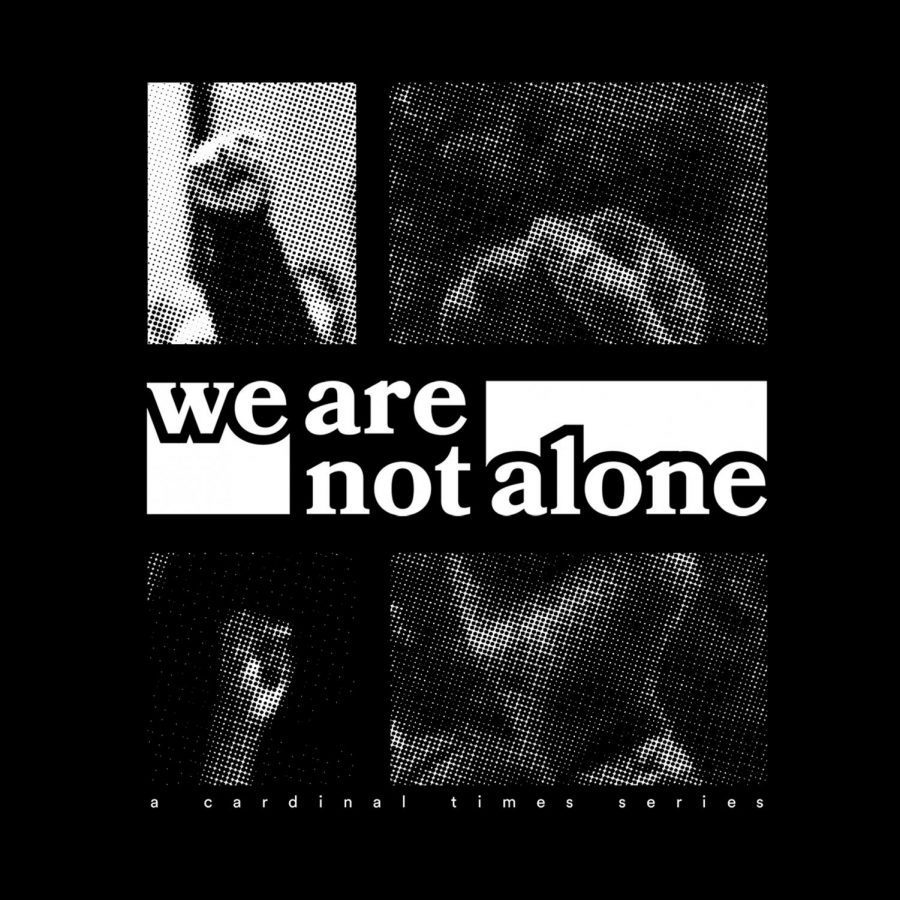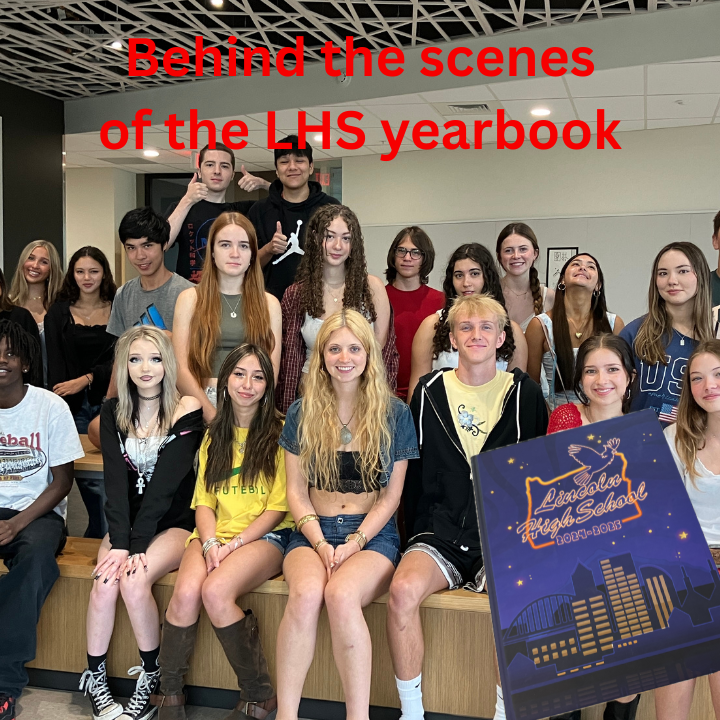Staff essay: Another action on the long list of racism in COVID-19
In this article in the series We Are Not Alone, Reporter Leela Moreno writes about how the reactions to Omicron have highlighted the racism of the pandemic.
December 29, 2021
On Nov. 25, South Africa announced the discovery of a new coronavirus variant, Omicron. The lab in Durban notified the world a mere 36 hours after the discovery of this new variant and immediately began testing current vaccines against it.
South Africa’s prompt notification was applauded by the World Health Organization (WHO), yet, since the announcement, South Africa and neighboring countries have been punished by nations such as the United States, Japan, Australia and Canada. Beginning on Nov. 29, the United States banned entry from southern African countries including South Africa, Botswana, Zimbabwe, Namibia, Lesotho, Eswatini, Mozambique and Malawi.
Why? Because they aren’t predominantly white countries.
Take, for example, President Trump’s immediate reaction to what he called the “Chinese virus.” Following the news of the outbreak of COVID-19 in China, the United States issued a travel ban on China. This so-called “ban” only restricted travel from foreigners who had visited China in the past 14 days, yet Americans and U.S. permanent residents were allowed to return from Hubei Province so long as they were quarantined for 14 days. This specific ban was unproductive in slowing the spread of the virus, and was clearly based on xenophobia.
Overtly racist reactions such as these may mitigate the spread of COVID-19, but do much more to perpetuate racial stereotypes and false narratives. What many of the stories about Omicron fail to highlight is that researchers in South Africa discovered the variant, but that does not mean that South Africa was its place of origin.
According to a CBS article written on Nov. 30, Dutch health authorities found the Omicron variant in cases from as long as 11 days prior, meaning that the variant had already been spreading in Europe before it was identified in South Africa.
These half-truths and false narratives only further the damaging effects of the pandemic on people of color. It is time to stop using COVID-19 to create barriers between white nations and Black and brown ones.
According to Tedros Adhanom Ghebreyesus, the director general of the W.H.O., “Blanket travel bans will not prevent the spread of Omicron, and they place a heavy burden on lives and livelihoods.”
I wholeheartedly agree with this statement. Travel bans and restrictions are burdens on the lives of people in other countries that can easily be avoided. While I see the need for tests prior to flights, an outright travel ban simply creates animosity and further exacerbates inequities between nations.
Since the beginning of this pandemic, the United States has acted more harshly towards Asian, African and South American countries than it has towards European ones. These actions perpetuate harm toward people of color within the United States, which has been especially noticeable in the increase of violence against Asian-Americans during the pandemic. If the United States continues to take inconsistent and inherently racist steps in “countering” the effects of COVID-19, these racially motivated acts of violence by white citizens will only increase.
The United States needs to recognize the racism in their actions and take accountability, for only then can we move forward as one world and fight together to end this pandemic.




